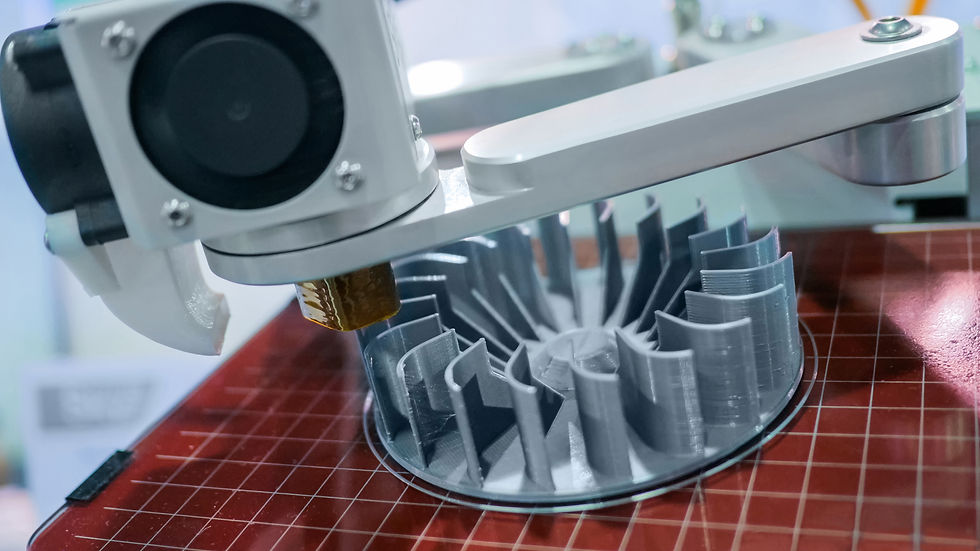


Our Team
About pHirst
Team pHirst is the University of Calgary’s official Chem-E-Car team. The team is comprised of students from chemical, electrical and mechanical engineering disciplines who are all working together to create a small-scale vehicle that is completely powered by chemical means. This vehicle will be competing in the international AIChE Chem-E-Car competition where the goal is to have the car autonomously travel a specified distance before stopping. The team is currently working on their third car which is powered by an aluminium-air battery and controlled using a pressure-based reaction.


OUR WORK
A collection of cars we've renovated with passion

REX (2022-2023)
REX
In the 2022-2023 season, our car achieved an impressive second place in the Pacific Northwest region and competed at the National competition in Orlando, Florida. We powered our vehicle with an innovative aluminum-copper battery, featuring a saltwater electrolyte capable of generating up to 1 volt per cell. For precise and reliable stopping, we utilized an iodine clock reaction, finely tuned through multiple AI libraries in Python 3.10. This exciting journey showcased our technical skills, dedication, and innovative spirit.


REX (2022-2023)
REX
In the 2022-2023 season, our car achieved an impressive second place in the Pacific Northwest region and competed at the National competition in Orlando, Florida. We powered our vehicle with an innovative aluminum-copper battery, featuring a saltwater electrolyte capable of generating up to 1 volt per cell. For precise and reliable stopping, we utilized an iodine clock reaction, finely tuned through multiple AI libraries in Python 3.10. This exciting journey showcased our technical skills, dedication, and innovative spirit.


DINO-KART (2024)
DINO - KART
DinoCart is powered by an aluminum-air battery, which utilizes a reaction between aluminum and a potassium hydroxide (KOH) electrolyte. This reaction produces electricity to drive the motor, propelling the cart forward. The car’s stopping mechanism is based on a Vitamin C clock reaction. As the car moves, a solution containing Vitamin C and iodine gradually changes color. A light sensor detects this change, and once the reaction completes, the sensor triggers an Arduino Nano to disconnect the battery, effectively stopping the car. This approach to both powering and controlling the cart ensures efficient and precise operation.










